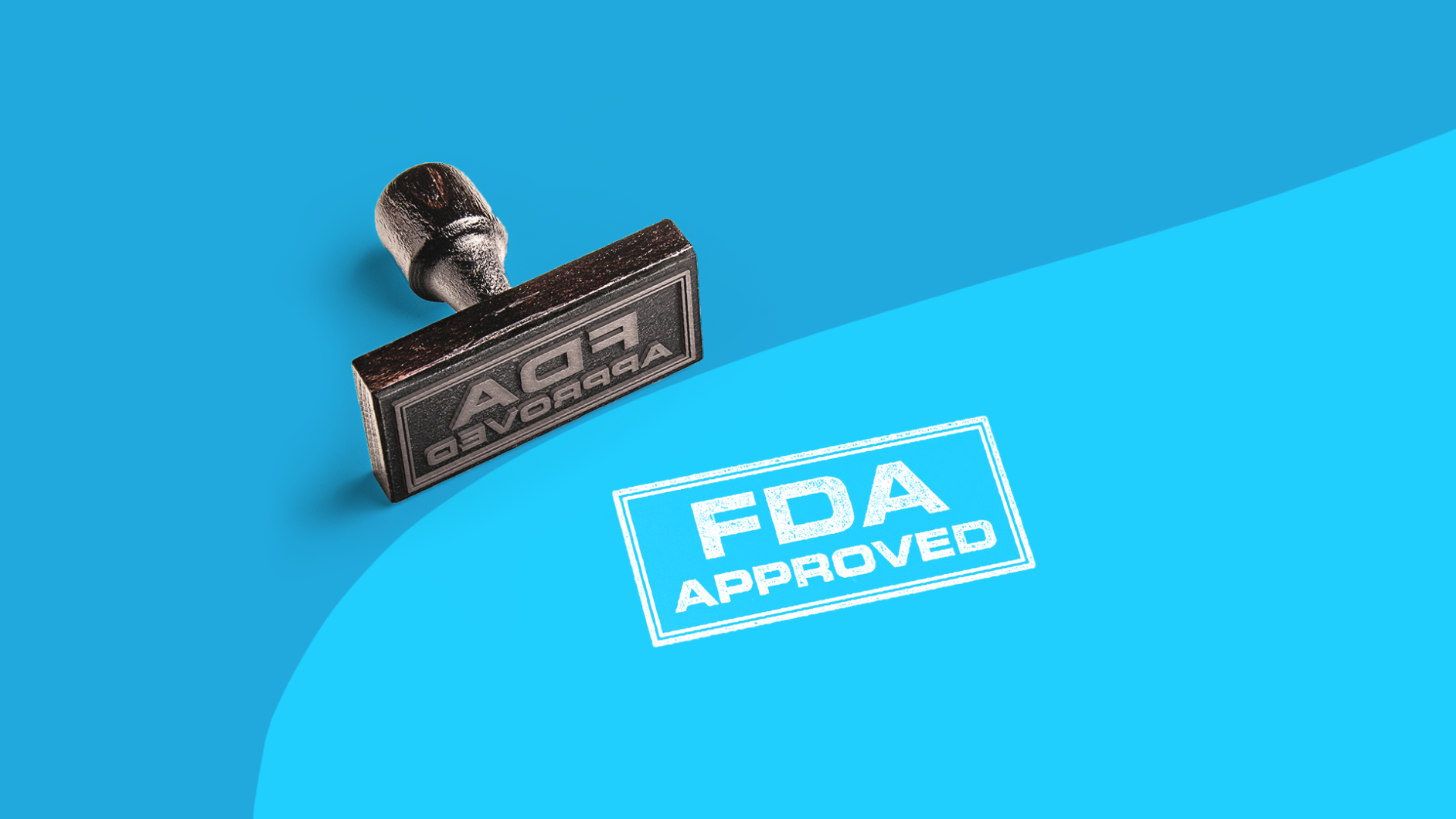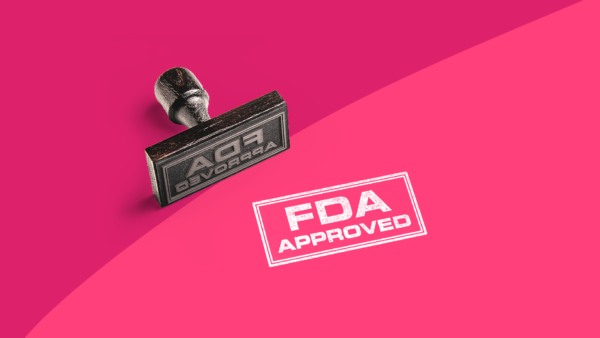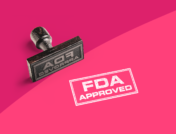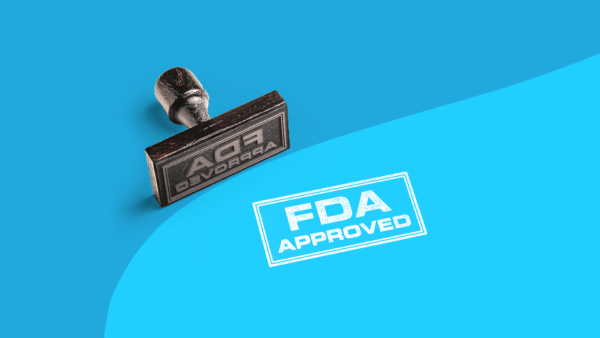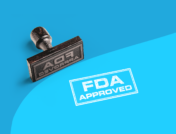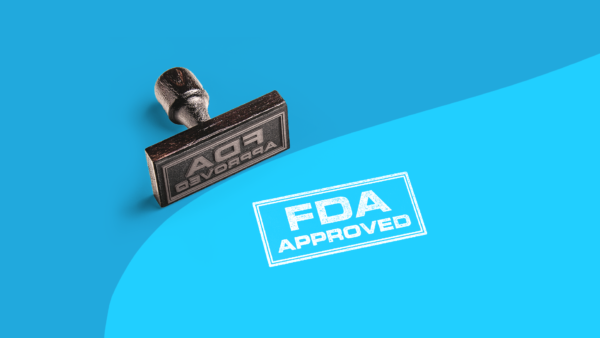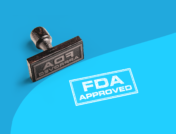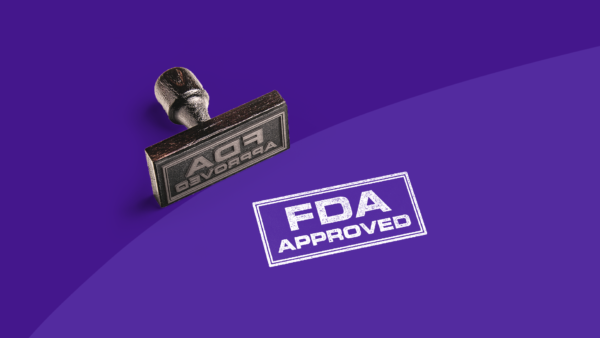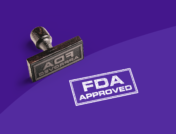On Jul. 28, 2021 the U.S. Food and Drug Administration (FDA) approved the first interchangeable biosimilar insulin product, Semglee (insulin glargine-yfgn) for treating Type 1 and Type 2 diabetes. Semglee is considered to be interchangeable with Sanofi’s Lantus, the commonly prescribed brand name for insulin glargine.
Soon people who take Lantus to treat their diabetes can request the insulin alternative Semglee at the pharmacy without needing a change to their prescription in most states.
“This is a momentous day for people who rely daily on insulin for treatment of diabetes, as biosimilar and interchangeable biosimilar products have the potential to greatly reduce health care costs,” Acting FDA Commissioner Janet Woodcock, MD, said in an FDA press release.
Typically, the list prices for biosimilar are about 15% to 35% lower than the products they reference, according to the FDA. That’s critical considering that more than 34 million Americans have diabetes and the price of insulin has increased dramatically. Between 2002 and 2013, for example, the list price for insulin nearly tripled.
What are interchangeable biosimilar medications?
A biosimilar medication is one that the FDA considers to be highly similar, with no major clinical differences, to another biological product that they have already approved. These biosimilars also have been shown to be just as safe and effective as the referenced product. When the product is considered an interchangeable biosimilar product, that means it doesn’t require a separate prescription to be used as a substitute.
“The FDA’s high standards for approval mean health care professionals and patients can be confident in the safety and effectiveness of an interchangeable biosimilar product, just as they would for the reference product,” said Peter Stein, MD, director of the Office of New Drugs in the FDA’s Center for Drug Evaluation and Research in an FDA press release.
Although biosimilar products are often confused with generic versions of a medication, the two are not the same. The biggest difference is that biosimilar products are highly similar to another drug, whereas generic drugs must have the same active ingredient as the brand-name version of a drug.
RELATED: What is insulin?
How does Semglee work?
Semglee, which was first approved by the FDA in June 2020, is part of a class of injectable, long-acting insulins sometimes called basal or background insulins. This type of insulin starts working about two to four hours after it is injected and is meant to keep the blood sugar of people with diabetes in a healthy range throughout the day.
What are the side effects of Semglee?
As with Lantus and other medications in the insulin glargine family, Semglee is not meant to be used when someone with diabetes is experiencing hypoglycemia (low blood sugar). According to the FDA, the most common side effects of Semglee include:
- Hypoglycemia
- Fluid retention
- Weight gain
- Allergic reactions (injection site reactions, rash, redness, pain, itching)
Semglee may also cause serious side effects, including:
- Allergic reactions
- Hypoglycemia
- Hypokalemia (low potassium in the blood)
- Heart failure
How much does Semglee cost?
As with generic drugs, when biosimilar products are approved, especially interchangeable ones, it creates more competition and can drive down prices. Lantus, first approved in 2000, does not have a generic version and only gained what’s known as a follow-on medication—medications that are similar to another drug, but not approved as biosimilar by the FDA—in 2015 with Eli Lilly’s Basaglar. Neither Lantus nor Basaglar, however, can be substituted for one other at the pharmacy.
The current list cost for Semglee is $147.98 for a five pack of 3 mL pens and $98.65 for a 10 mL vial. The current list price for Lantus is $425.31 for five pens or $283.56 for a vial. The list price for Basaglar is $326.36 for a pack of 3mL pens. In other words, this new approval means serious savings for people with diabetes.



